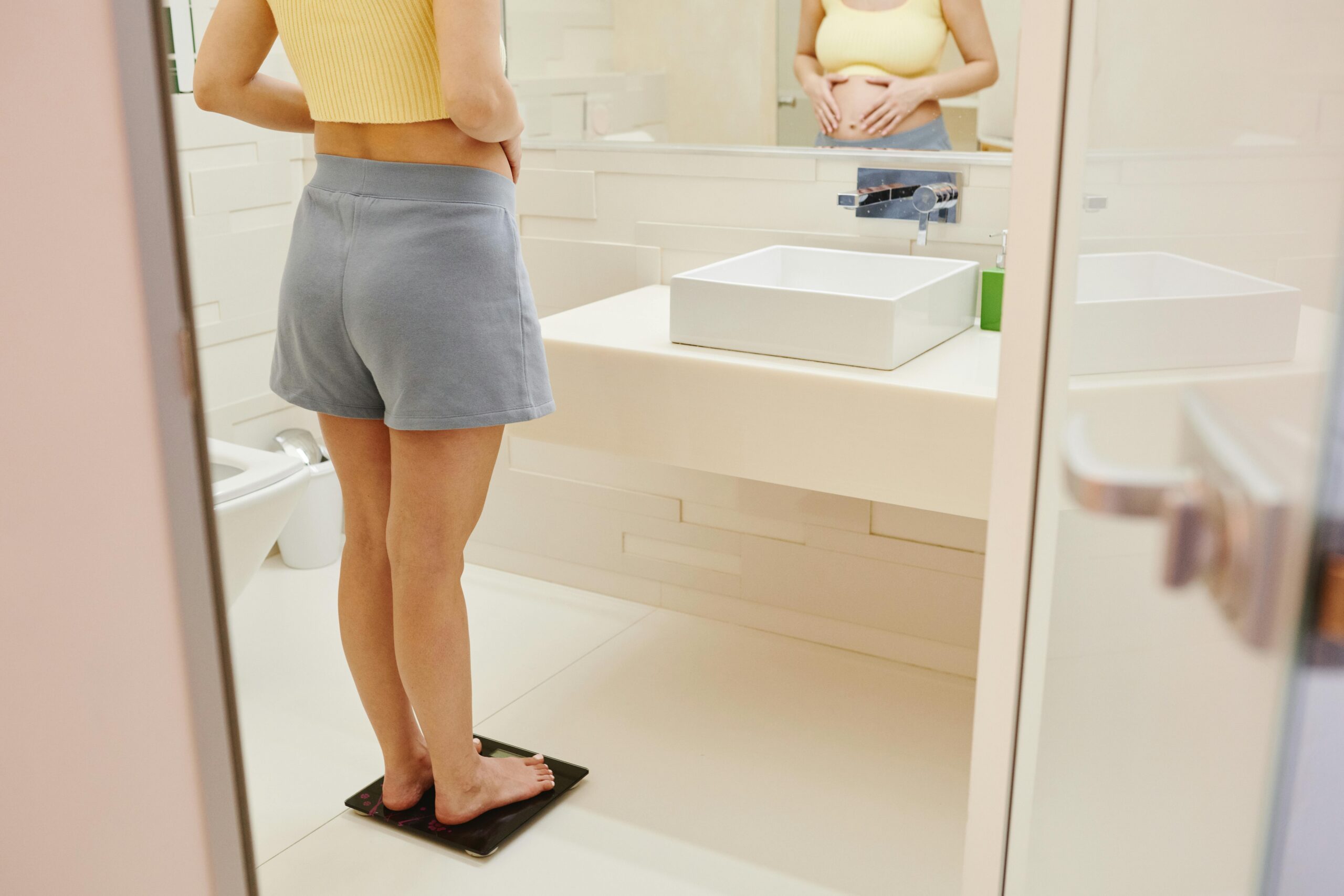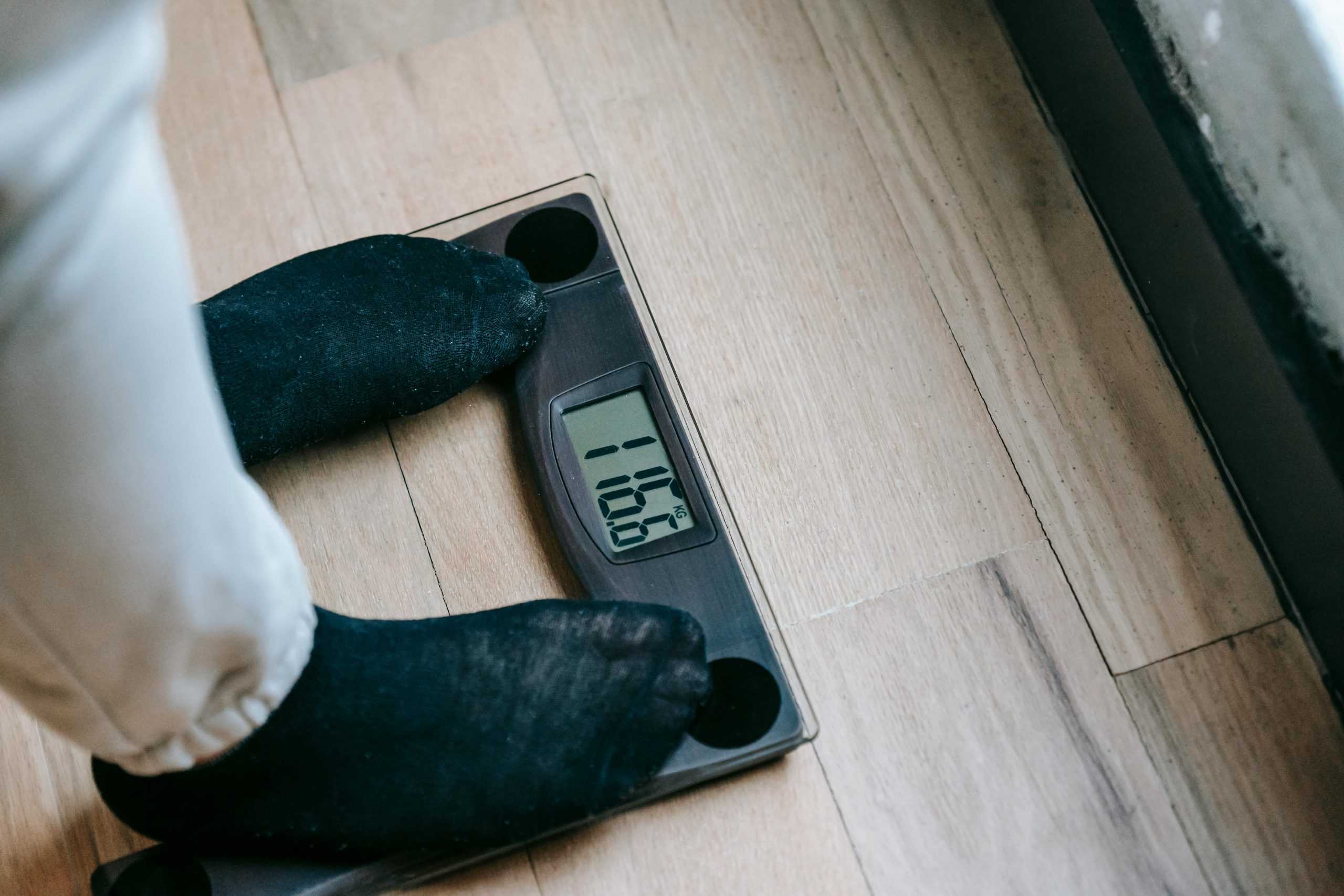If you’re in your 40s or early 50s and suddenly can’t sleep like you used to, you’re not alone.
Trouble falling asleep, waking up at 3 a.m. for no reason, or feeling wired at night—these are all common signs of perimenopause messing with your rest.
The link between perimenopause and sleep disruption is real.
And if it feels like your body has changed overnight, you’re not imagining it.
At California Concierge, we help women get to the root of their sleep issues by looking at the full picture—your hormones, your habits, and how your body is actually functioning.
Let’s talk about why perimenopause affects your sleep and what you can start doing today to get your nights (and energy) back.
Why Perimenopause Disrupts Your Sleep
During perimenopause, estrogen and progesterone levels start to fluctuate and decline.
These hormones do more than regulate your cycle—they actually help you sleep.
Estrogen supports melatonin production and keeps your body temperature stable.
Progesterone has a calming effect that promotes deeper, more restful sleep.
When those hormones drop, sleep gets lighter and more fragmented.
You might fall asleep fine, only to wake up in the middle of the night and struggle to drift off again.
Common Sleep Problems in Perimenopause
You might be experiencing one or more of these sleep issues:
- Night sweats that wake you up
- Trouble falling asleep or staying asleep
- Waking up too early and not feeling rested
- Restless legs that make it hard to relax
- Increased risk of snoring or sleep apnea
These aren’t random.
They’re all connected to how your hormones are shifting during this phase of life.
What’s Really Happening: Hormones and Sleep
Estrogen and progesterone help regulate your sleep architecture, which includes how much deep sleep and REM sleep you get.
Without enough of them, your body can’t fully relax or cool down, which leads to tossing and turning.
Progesterone also boosts GABA, a calming brain chemical that helps quiet racing thoughts and anxious feelings.
When it’s low, it’s harder to settle down.
Melatonin and Your Internal Clock
Melatonin is your body’s sleep-wake hormone.
It tells your brain when it’s time to wind down.
As estrogen drops, melatonin production can fall too.
That’s part of why your circadian rhythm feels off, you’re tired at the wrong times and wired when you’re supposed to sleep.
How Poor Sleep Impacts Your Life
Sleep issues during perimenopause don’t just make you tired.
They affect your entire day.
Lack of sleep can lead to:
- Brain fog and forgetfulness
- Irritability, anxiety, or even depression
- Low energy and fatigue
- Strained relationships from being overwhelmed
- Higher inflammation and immune dysfunction
When you’re not sleeping, everything feels harder.
And you don’t have to push through it on your own.
What You Can Do to Sleep Better During Perimenopause
Let’s take a look at some of the ways you can sleep better during perimenopause:
Set Up a Sleep-Friendly Environment
Start by making your bedroom a place your body associates with rest:
- Keep the temperature cool, ideally between 60-67°F
- Use lightweight, breathable bedding
- Block out light with blackout curtains or an eye mask
Build Sleep-Healthy Habits
What you do before bed matters.
Try these tips:
- Go to bed and wake up at the same time every day
- Avoid caffeine after 2 p.m. and skip alcohol in the evening
- Shut off screens at least an hour before bed
- Eat dinner earlier so your body isn’t still digesting
Manage Cortisol and Stress
Your stress hormone, cortisol, can stay elevated during perimenopause, especially if you’re overwhelmed or not sleeping well.
Help your body wind down with:
- Deep breathing exercises or meditation
- Gentle movement like yoga or stretching
- Journaling to clear your mind before bed
How We Treat Perimenopausal Sleep Problems at California Concierge
At California Concierge, we take a functional medicine approach to sleep and hormone issues.
That means we look beyond the symptoms and uncover what’s causing them.
We use hormone testing to see where your levels are—estrogen, progesterone, cortisol, melatonin—and how they’re affecting your sleep.
Then we build a plan around what your body actually needs.
This might include:
- Natural hormone support using HRT or BHRT solutions
- Nutrition and lifestyle changes to calm inflammation and balance blood sugar
- Supplement recommendations tailored to you
- Support for gut health and thyroid function, which are often overlooked but play a huge role in energy and sleep
- One-on-one guidance to help you make lasting changes without guesswork
If you’re tired of being exhausted, we’re here to help you feel like yourself again.
Contact us to learn more about how we support sleep and hormones.
Should You Consider Hormone Therapy or Supplements?
Hormone therapy isn’t for everyone, but for some women it can be a game-changer—especially when it comes to hot flashes and sleep disruption.
We work closely with you to determine if it’s a good fit and offer safer, personalized options when needed.
Natural Supplements That May Support Better Sleep
Certain supplements can support your body during perimenopause.
These are some we may explore:
- Low-dose melatonin to help reset your sleep-wake rhythm
- Magnesium glycinate to ease muscle tension and calm the nervous system
- Ashwagandha or L-theanine to reduce stress and improve relaxation
- Valerian root to promote deeper rest
Don’t start supplements blindly.
What works for one person might not help another and some can make things worse if not matched to your needs.
When to Talk to a Doctor About Sleep Issues
If your sleep has been off for more than a few weeks, and it’s affecting your focus, mood, or energy, it’s time to get support.
This isn’t just about getting through the night.
It’s about getting your life back.
We’re here to help you understand what’s going on and offer real solutions that fit your body, your goals, and your lifestyle.
Conclusion: Sleep and Menopause
Sleep shouldn’t be a struggle.
At California Concierge, we help you understand what’s really going on with your body and how to support it naturally.
You don’t have to live on naps, caffeine, or just push through another sleepless night.
We’ll help you take control of your sleep and your hormones, one step at a time.
If you’re ready to feel rested and clear-headed again, reach out to us today.
You deserve better sleep, and we can help you get there.
FAQs: Perimenopause and Sleep
How does perimenopause affect sleep?
Perimenopause affects sleep by disrupting hormone levels, particularly estrogen and progesterone, which play key roles in regulating melatonin, body temperature, and calming brain activity. These changes can lead to insomnia, night sweats, frequent waking, and early morning awakenings.
Why do I wake up at 3am in perimenopause?
Waking up at 3am is often due to fluctuating hormones and increased cortisol levels, which can cause your body to become alert in the middle of the night. Night sweats, anxiety, or blood sugar changes can also play a role in these early wakeups.
How to improve your sleep in perimenopause?
To improve sleep, aim for consistent sleep and wake times, reduce caffeine and alcohol, cool your sleeping environment, and manage stress through gentle movement, breathing exercises, or guided relaxation. Functional medicine can also address underlying hormone imbalances that affect sleep.
How many hours of sleep do I need during perimenopause?
Most women still need around 7 to 9 hours of sleep during perimenopause. However, sleep quality often matters more than quantity, so uninterrupted, deep sleep is especially important during this time.
What does perimenopause fatigue feel like?
Perimenopause fatigue can feel like persistent exhaustion, brain fog, and low motivation—even after a full night’s sleep. It’s often tied to poor sleep quality, hormone fluctuations, and stress overload.
What helps with menopause fatigue?
Menopause fatigue can improve with better sleep, balanced hormones, stable blood sugar, and stress reduction. Natural therapies like magnesium, adaptogens, and personalized care plans through functional medicine can also help restore energy and mental clarity.




